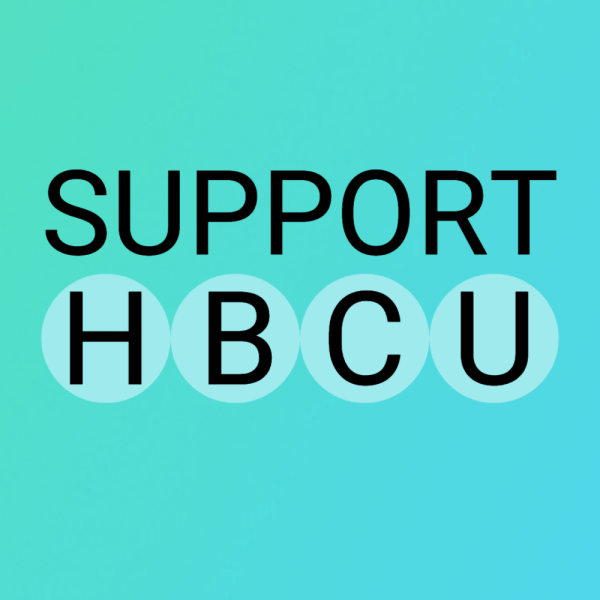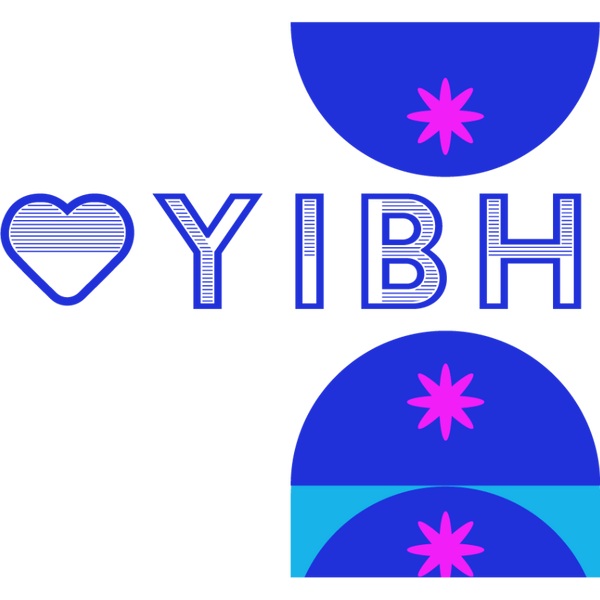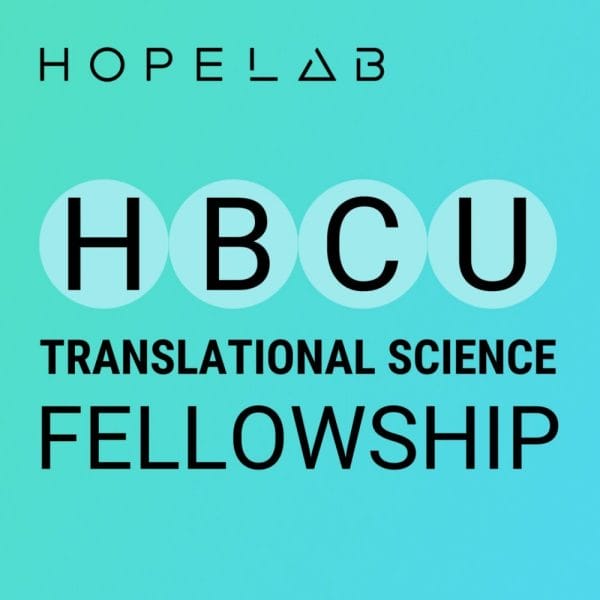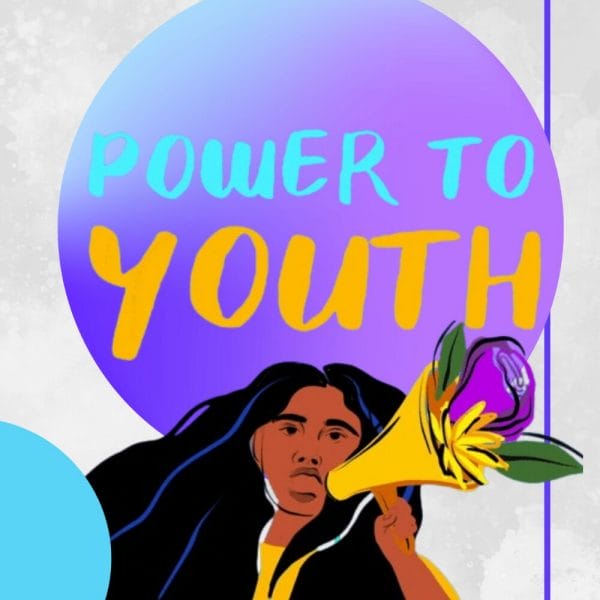Another insight we learned from the recently-released report outlining the digital health practices among teens and young adults is that young people are deeply engaged in the pursuit of health information, and not surprisingly, they are accessing it online. It seems somewhat obvious that social media creates a rich meeting ground not only to connect teens to information, but also to each other. Could this be the health wave of the future? People connecting, sharing, and creating the health resources they need together online? First, let’s take a look at what we found in the report.
The majority of teens surveyed (1,300 ages 14 to 22 in the U.S.) reported they have gone online for health information. The most commonly researched topics are fitness (63%) and nutrition (52%). Other commonly researched topics are stress (44%), anxiety (42%), and depression (39%). When asked to indicate the reason they have searched for health information online, three-quarters of online health seekers in this survey say they wanted to get information about a health issue they were currently dealing with. About half (53%) of those surveyed said they had searched for information on a health issue affecting someone they knew. Almost all (94%) of those who have sought health information online say they find it at least “somewhat helpful.”
Health app users
Among 14-22 year-olds, percent who have ever used mobile health apps related to:
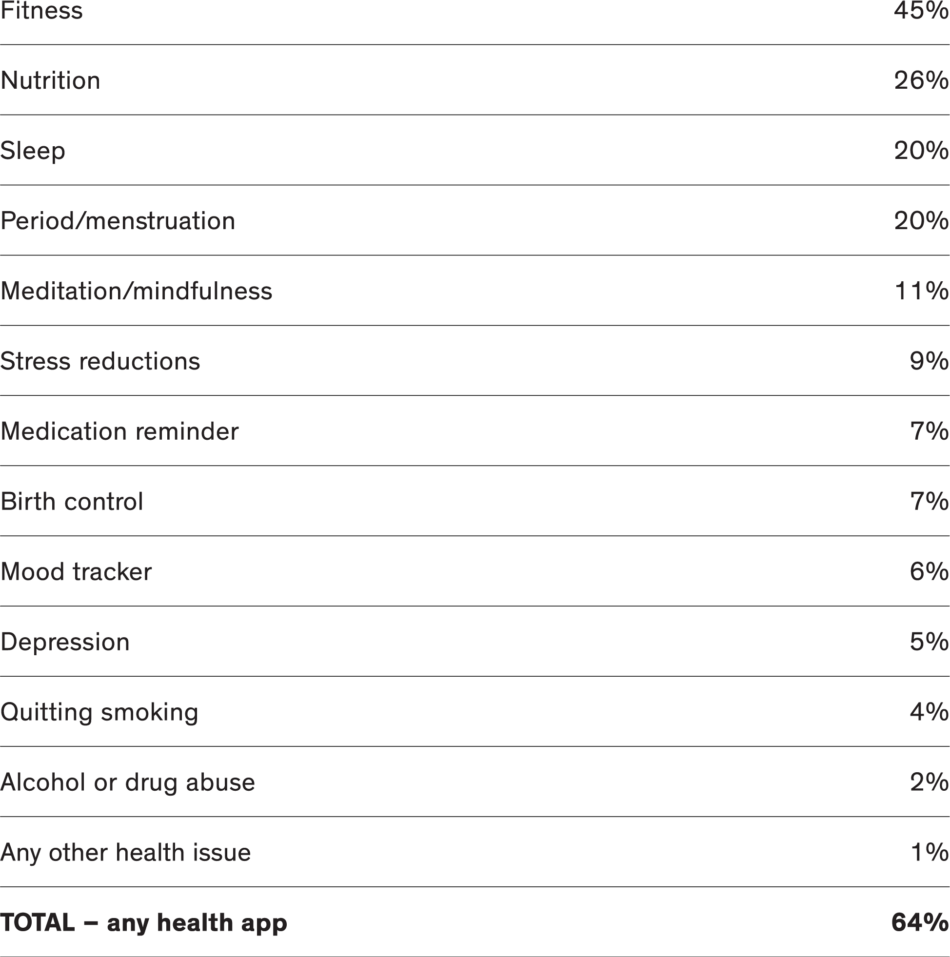
So, what exactly are young people doing online – in regards to their health? Are they using apps, working directly with health care providers, talking directly to peers about health care issues? We were clearly interested in finding out how they were spending their time. On average, nearly two-thirds of teens and young adults say they have used mobile apps related to health. This study underscores previous research that shows the main users of health apps are individuals who are younger, in good health, and have a higher income. According to this report, it appears that most users of apps are reporting using fitness apps (45%) with nutrition-related apps coming in next at 45%. About one-in-five report using apps related to sleep (20%) or menstrual cycles (20%). About 20 percent of young people report having connected with health providers online – 10% through online messaging, 8% through texting, 5% through an app, and 4% through video chat. One of the more interesting observations we came across was this notion of peer-to-peer health conversations happening online.
We know that teens turn to each other for advice when making decisions, and these include those related to health. Nearly 40 percent of teens say they have gone online to find people with similar health issues as them. Peer-connection-seeking was most often successful online with nearly 84% of people reporting finding a connection. Like this one 22 year-old woman states, “[I used] an app for depression and other diseases…it helped me because I could talk to people who would actually listen to me…” we see the importance of peer connection and community within these health apps.
It is extremely interesting that young people would rather talk to a person their own age, with a similar health concern, rather than an actual health care professional about health issues. This points to a ripe area of opportunity, to meet young people where they already are, to offer them the resources they need to get through rough spots, to help them navigate health issues with accurate information, to allow them to feel supported, as they already are, with the help of their peers.
We know from Hopelab’s historical work on resilience-building that a deep feeling of social connection with others is a key component to cultivating resilience. Other psychological experiences include a sense of meaning or purpose in life and a sense of meaningful control or “self-efficacy” in our lives. Scientists have shown that targeting these components of resilience can have powerful psychological, neurological, and biological effects. If we could possibly build a digital health tool that combines peer-to-peer health exchanges with resilience-building science techniques, imagine what the possibilities could be!
We encourage you to read this report and find those lightbulb ideas. What strikes you as interesting, insightful, promising, even worrisome? These are the types of questions we need to pay attention to most whilst reading this report. It’s also important to reach out to teens and ask them questions about their health concerns, and to really listen to what they have to say. We’ve found that so valuable in our own work. This report is another tool we can use to work directly with our end users to understand their needs. We look forward to hearing your reactions to it, so be sure to drop us a line, either in the comments below, on our twitter feed, or at communications@hopelab.org.


